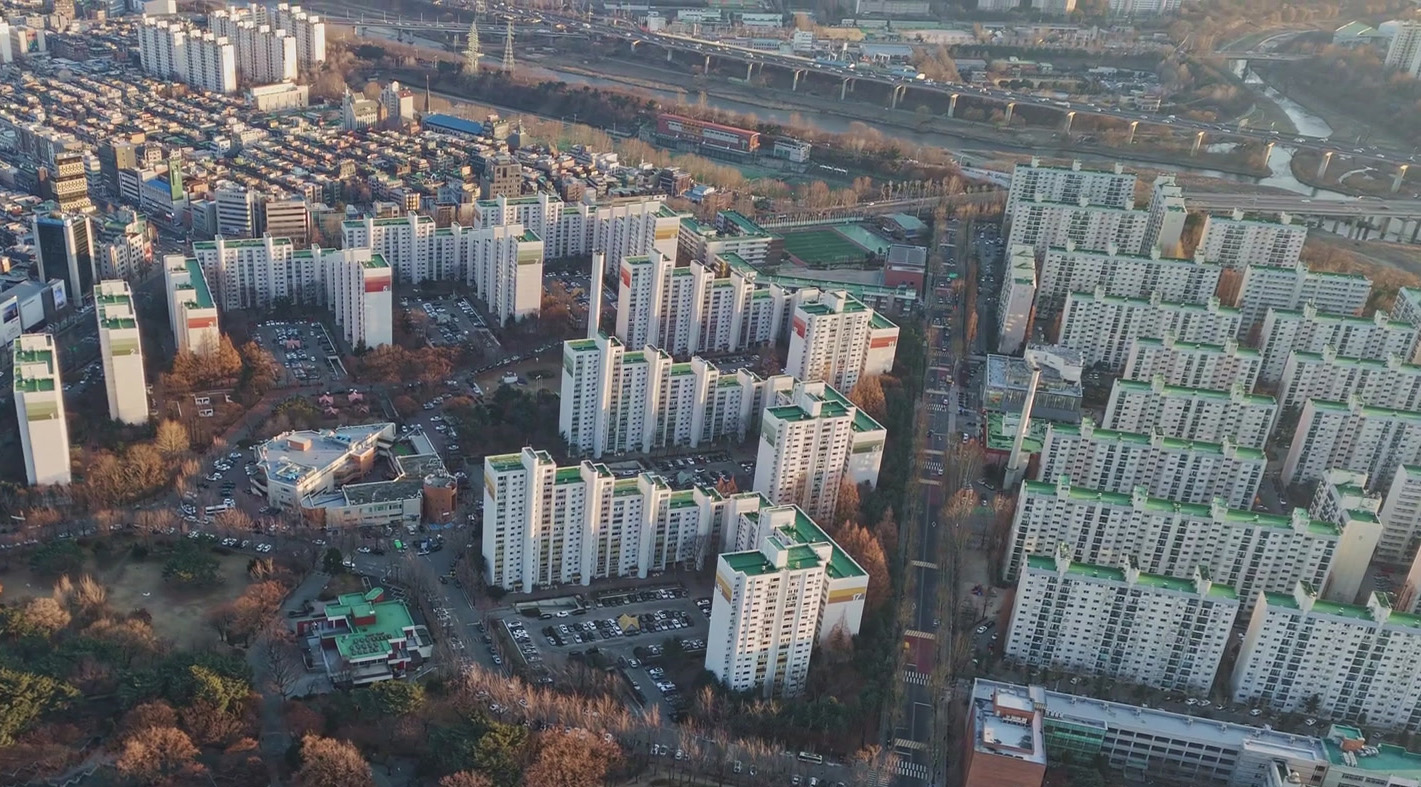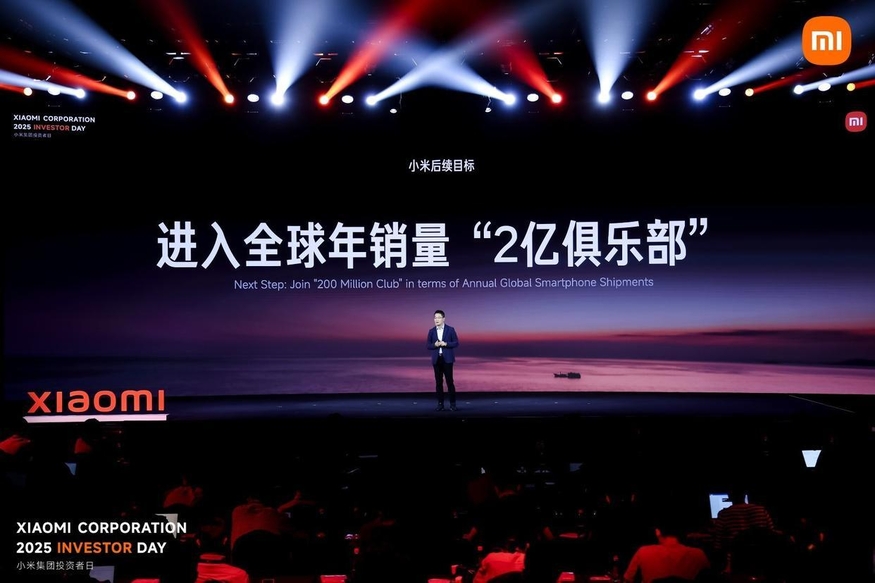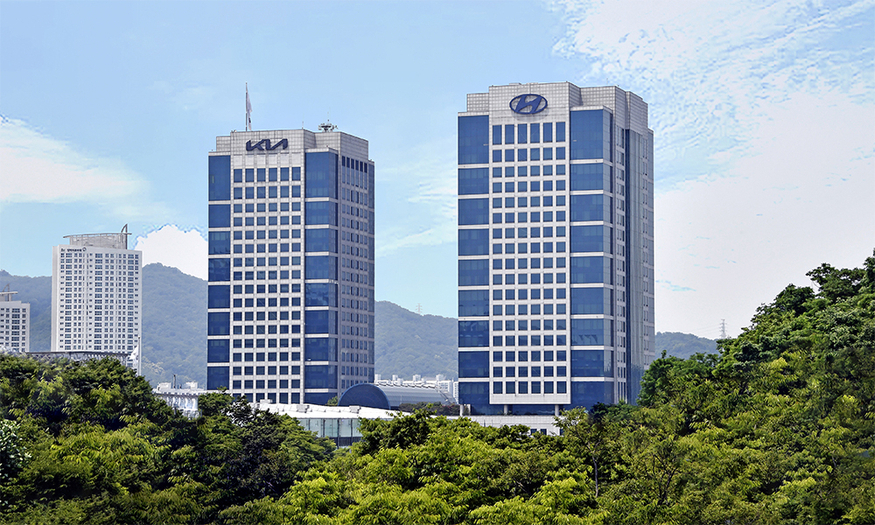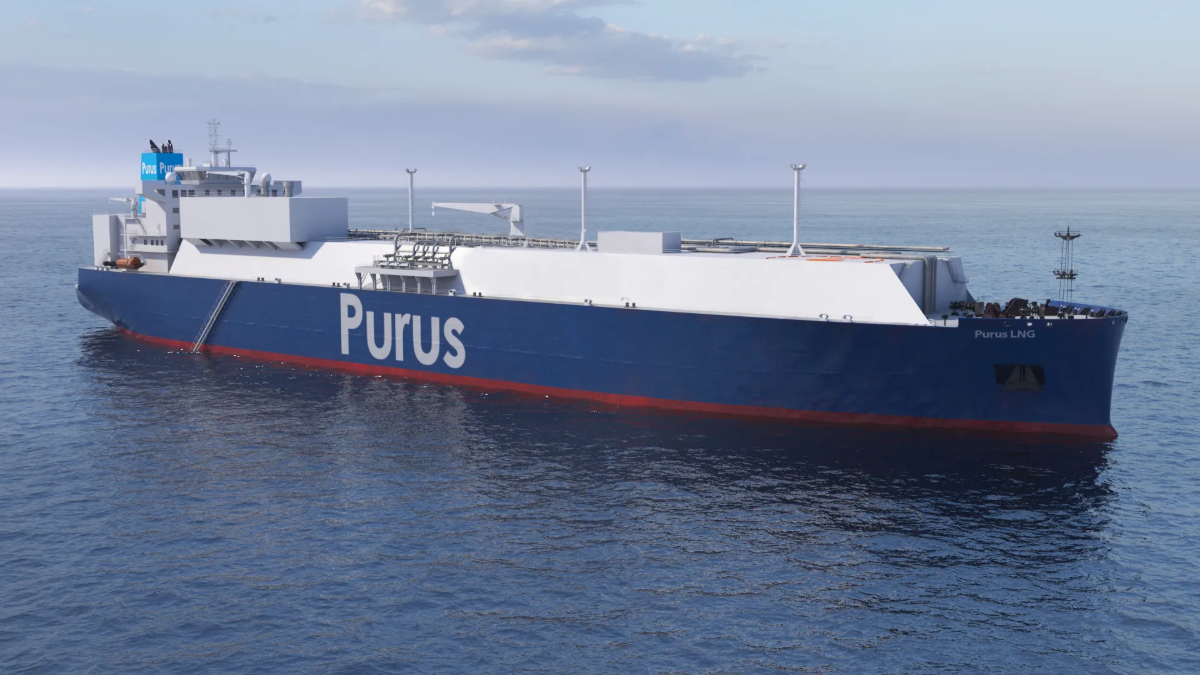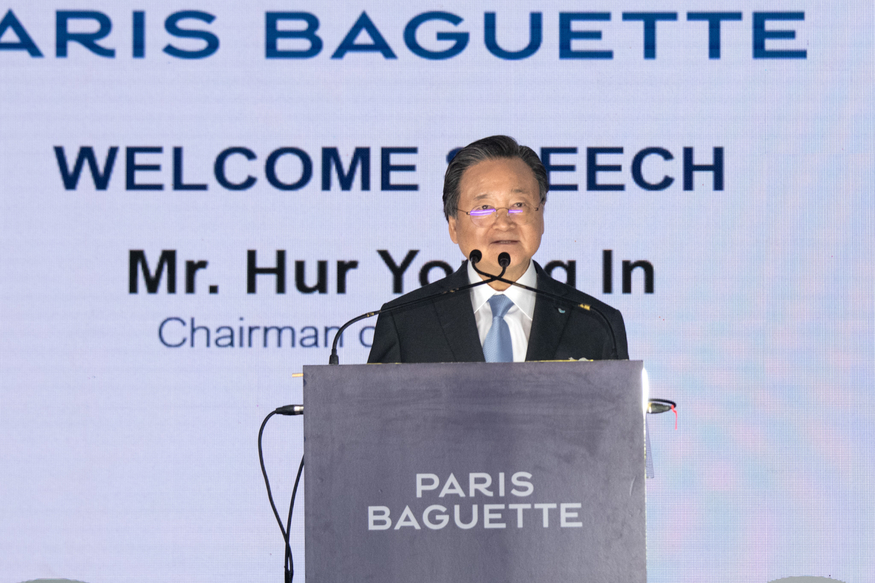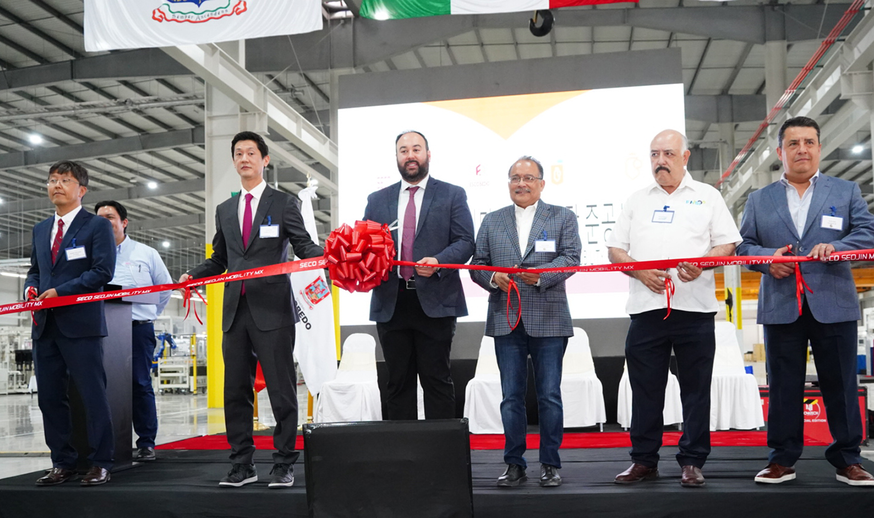
The International Atomic Energy Agency (IAEA) and the Nuclear Energy Agency (NEA) under the OECD have issued a concerning report warning that global uranium reserves could be depleted by the 2080s if the current increase in nuclear energy demand continues. The report, released on Monday, links this growing demand to worldwide decarbonization efforts for carbon neutrality and the rising electricity needs of AI-powered data centers. While uranium supplies are expected to meet demand until 2050, severe shortages could emerge in the long term without significant new investments in exploration, mining, technology development, and infrastructure.
Nuclear power capacity is expanding rapidly worldwide, with projections indicating a more than 130% increase by 2050 compared to 2022 levels. East Asia is expected to see particularly dramatic growth, potentially reaching 220% above its 2022 output of 111 gigawatts (GW). This expansion is being driven by both governments and private companies. Twenty nations, including the U.S., UK, and South Korea, have committed to tripling global nuclear capacity by 2050. Meanwhile, major tech firms like Google, Amazon, and Meta are increasingly investing in nuclear energy to secure stable power for their expanding AI operations. The IAEA noted that the nuclear sector is attracting its highest level of investment since the 1970s oil crisis, with annual funding growing by about 50% between 2020 and 2023.
Iran has been identified as a country with significant potential to boost uranium supplies. The report estimates that Iran’s uranium ore production could increase fourfold this year to 71 tons. In addition to its existing Ardakan uranium concentrate processing facility, the country is conducting feasibility studies for a new production center in Narigan. While Iranian officials maintain that their uranium development is solely for peaceful purposes, some experts warn that while the country’s reserves may be inadequate for large-scale commercial reactor fuel needs, they could potentially be used for weapons development.
The IAEA is calling for urgent action to prevent future uranium shortages. Key recommendations include expanding mining operations, developing advanced reactor technologies such as small modular reactors, and investing in alternative fuel sources like uranium recycling and thorium-based fuels. Without these measures, the world could face a critical uranium supply crisis just as nuclear power becomes increasingly vital for achieving global climate goals and supporting the growing energy demands of advanced technologies.
The report underscores the delicate balance between the benefits of nuclear energy for decarbonization and the challenges of securing sustainable fuel supplies. As nations and corporations ramp up their nuclear investments, the findings highlight the need for long-term planning and international cooperation to ensure stable uranium supplies for future generations.


